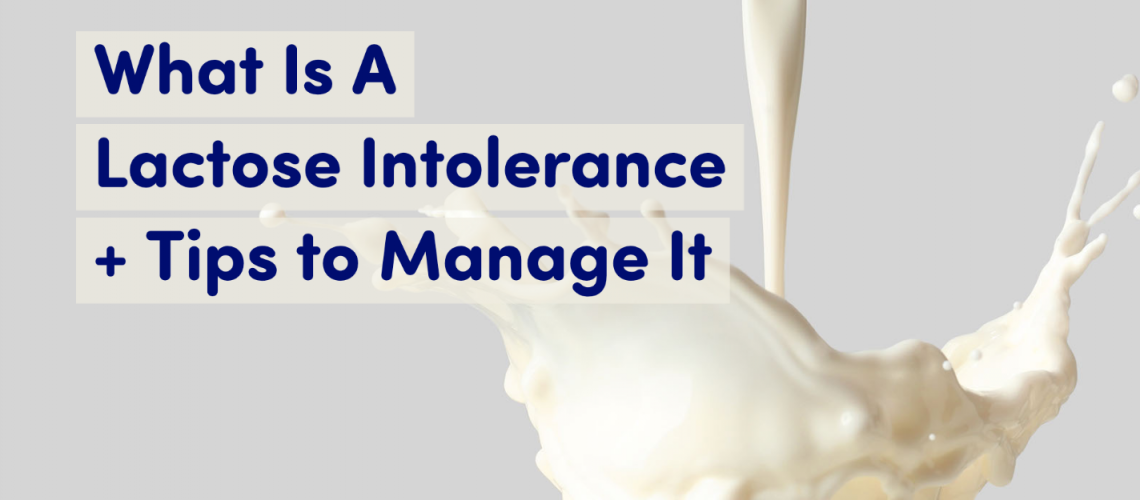A lactose intolerance occurs when our bodies do not produce enough of the lactase enzyme. When we are born, our bodies produce sufficient lactase enzymes to digest our mothers milk. However as we age, the rate of enzyme production drops. Since lactose is highly fermentable, any undigested lactose that enters the colon will be rapidly fermented by the gut bacteria residing there. This process results in excess gas production that causes bloating and also creates an osmotic effect, which leads to diarrhea.
Our ability to digest lactose is genetically determined and is further influenced by our ethnicity. Populations that historically engaged in high cattle domestication have higher levels of lactase enzymes even as they age. This trait also known as ‘lactase persistence’ is highest in Northern Europeans, occurring in over ~90% of the population, followed by around ~50% in the Middle East and Southern Europe and lowest in Asia and Africa from ~1% to 20% respectively.
In addition to the ethnicity and genetics, over time our ability to create lactase can be negatively impacted by factors such as the occurrence of gastrointestinal disorders, and surgery. Though having a lactose intolerance can be tough as many of our dietary staples contain lactose, there are ways to reduce the negative impact while still being able to enjoy some of our favorite dairy staples.
Tips to Manage a Lactose Intolerance
Consume Lactose free products
Lactose free dairy products, such as milk can be consumed by those with an intolerance. However due to the lack of regulation specifying an acceptable quantity of lactose for products labelled lactose free, means some products may still contain quantities that can trigger symptoms. Therefore it’s helpful to test out different products and determine which one suits you best. your personal tolerance.
Eat cheeses that are low in lactose
Some cheeses, especially hard ones have a lower lactose content in comparison to their softer counterparts. Aged, hard cheeses tend to be even lower in lactose as the longer fermentation period transforms more of the lactose into lactic acid. Check this article for a list of low lactose cheeses.
Take a lactose digestive enzyme
Digestive enzyme supplements act as replacements for the enzymes found in our body and can help some people with an intolerance, digest lactose containing products.
Ensure sufficient intake of calcium from other food sources & supplements
Reducing our intake of dairy products can lead to a calcium deficiency. Making it critical that we maintain our intake of calcium at the recommend dietary intake levels. This can be achieved by consuming dark leafy green vegetables, salmon and other non-dairy foods high in calcium. Additionally where calcium from food intake is insufficient, calcium supplements can be beneficial. Though be mindful of the quantity as too much calcium can also be harmful.
Be aware of “hidden lactose” in food products
There has been an increasing trend of food manufacturers using additives containing milk in non-dairy foods. Hence it is important for lactose intolerant individuals to also read the ingredient and nutritional labels of non-dairy foods they consume, as they could contain ‘hidden lactose’.




